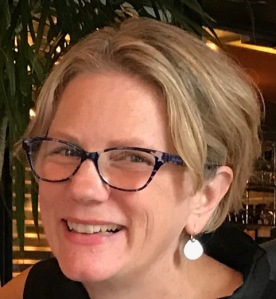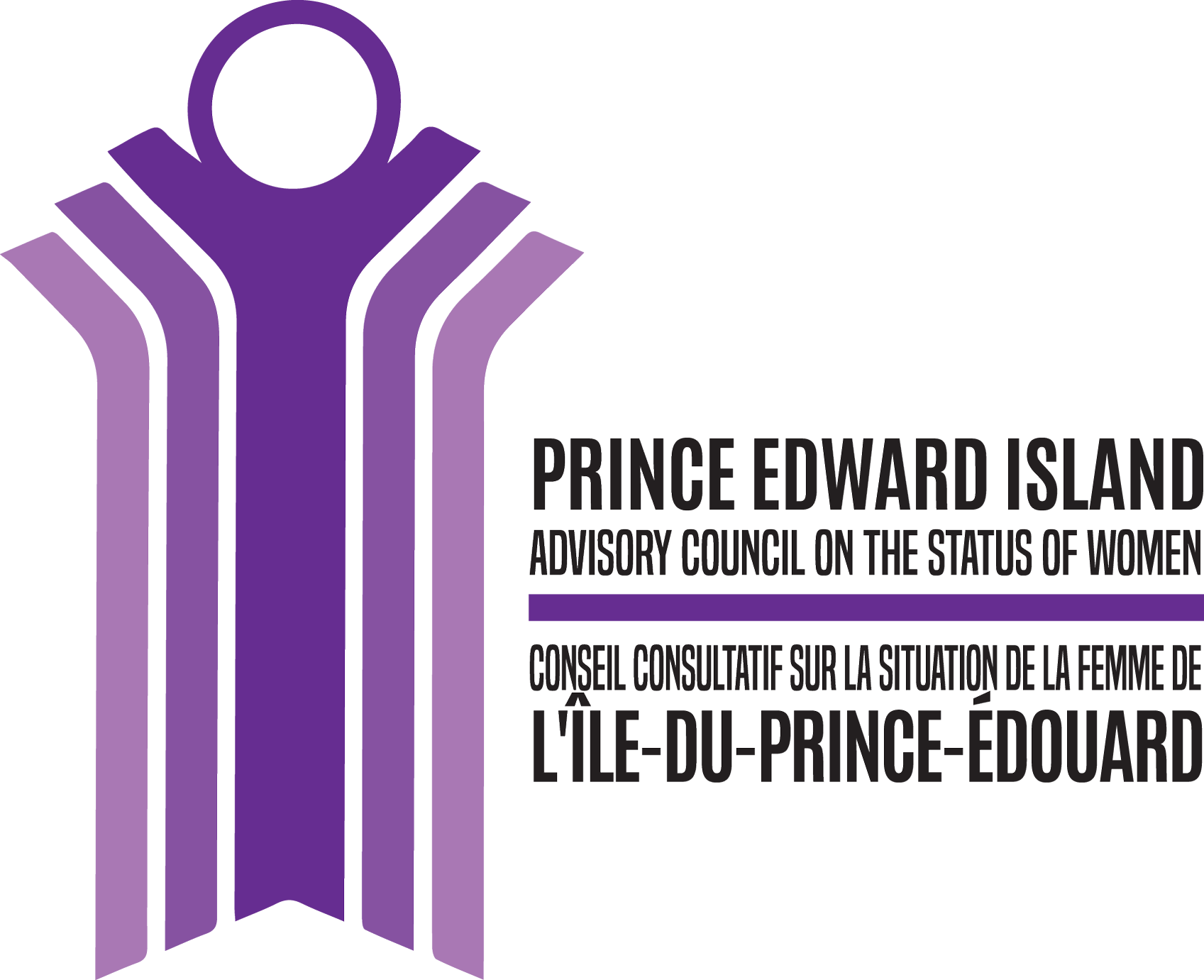 “It is very personal for me, but I think over the 30 years, I’ve been able to step back a bit more and say, yes, this is more than just 14 young engineers massacred. It’s more than that.”
“It is very personal for me, but I think over the 30 years, I’ve been able to step back a bit more and say, yes, this is more than just 14 young engineers massacred. It’s more than that.”
On December 6, 1989, Sharon Ledwell was working as an engineer in Perth, Australia. She graduated from Morell High School and started her engineering degree at UPEI before graduating with a degree in electrical engineering from TUNS in 1987. She has lived since then in Toronto, working in telecommunications and engineering roles. Her heart is in Lakeside, PEI.
What do you remember from December 6, 1989?
I think about it every year. I thought about it quite a bit in getting my thoughts together for this interview. The first thing is, I was working in Perth, Australia, when I heard the news. I had been there for about 5 weeks working for Nortel, and I was driving in my car, heading home from work, when I heard the news about the shooting at l’École Polytechnique. But because I was working in Perth, I always remember the date as December the 7th. So it’s always a bit of a shock to me when I see things come up in the news here, on December 6th, because in my mind it’s always the 7th of December.
Obviously, I was shocked. I was in the car, and I can’t remember, but I think I might even have pulled over. At the time, it was international news, but it was a short coverage. I just remember being extremely shocked, and as a very recent engineering grad myself, I was absolutely horrified and couldn’t believe what had happened.
Of course, because it was 1989, and because I was in Australia, I wasn’t getting the local Canadian coverage, so I saw no Canadian coverage, and there was no Internet or streaming media at the time. So, basically, I caught what I caught on the Australian radio station, and that was about the coverage I got until I got home, which was probably about the 20th of December, and by then things would have died down a lot. My understanding of what had happened was from the very short radio clip I had heard.
I just remember being speechless and shocked. Actually, I don’t think I spoke with anyone about it at all. It was just terrible, and, of course, having been out of university for two years myself, it felt very personal to me. I thought, that could have easily been me or any one of my engineering friends. I knew lots of female engineering friends. I worked with a lot of young engineers and particularly female engineers at Nortel.
To me, it wasn’t about a broader event of violence against women. It was about 14 women being targeted because they were engineering students.
Have you been part of commemorations of the Montreal Massacre?
To me, the Montreal Massacre is about the massacre of 14 young engineering students who were women. I understand and I certainly appreciate it has broader implications, and I think I’ve come to understand those more over the last 30 years, But when I think about it, for me, generally, the events around that day are to commemorate the bright talented young women and to mourn the loss of their lives and their careers.
I certainly understand more broadly, it’s a reminder of violence against women in general, and as we look at that going forward, and we look at what happened on that day, it was about anti-feminism.
But in terms of my participation in anything, it’s more done through engineering events. The Canadian Engineering Memorial Foundation was established by the president of Professional Engineers of Ontario in 1990, and that is a not-for profit that raises funds and provides scholarships to young women in honour of the memory of the 14 young women who were massacred. That has always been a thing that to me was important to support. So I’ve always contributed financially to the Engineering Memorial Fund.
Again, I have a very personal connection to it. The daughter of one of my classmates from TUNS, a woman who is an Islander, was a recipient of one of the scholarships. I was speaking with her parents at one point, and I said, “Oh, I always support the Memorial Engineering Fund,” and her parents said to me, “Well, you know our daughter actually won the national scholarship one year, and that was the changing point in her career.”
The scholarship was an acknowledgement to her of her capabilities, so she really felt, like, “I’ve got this. I can do this.”
I think, there’s nothing that can be done to get those lives back, but there are things that can be done to commemorate the loss, to make sure that other young women have opportunities. I think that’s a fantastic way to do it, and it was quite touching to me to know (the scholarship fund) had made such an impact on my friend’s daughter’s life.
What lessons have we learned from the Montreal Massacre? How have things changed or what have we learned?
My gut reaction, as a typical engineer, is that’s not my area of expertise so it’s hard for me to comment. I do think there’s been a lot of media and social media coverage of the Massacre and other specific events tied to violence against women.
For that, I think of (girls’ education activist) Malala Yousafzai (who has carried on after a violent attack on her because of her activism); I think of the kidnapping of the young Nigerian girls by Boko Haram, both international events unrelated to what’s going on in our country, but I think because of the news and the social media there’s been a lot of discussion and a lot of concern—and a lot of fundraising—to try to avoid these things in the future and to try to ensure young girls and women get the education they need. I think that’s really important. And, again, it’s something I try to support in my own little way, by supporting things like Because I Am A Girl, to ensure that young women around the world have the opportunity to get the education they need.
A positive thing as a result of the Montreal Massacre is there are stronger gun laws in Canada. I firmly believe fewer guns lead to fewer mass murders. It’s just a reality. The statistics around the world support that.
It’s an unfortunate situation that some people do, and I think part of it is due to mental illness, feel victimized and point the finger to the wrong thing as having been the cause of the problem. Well, not having access to a gun in those critical moments can make all the difference between people surviving and not.
If the motive for the Montreal Massacre was anti-feminism, which I believe it was, that has not gone away. There is ample evidence of anti-feminism around the world. The recent (April 2018) van fiasco in Toronto (which killed 10 people, 8 of them women, and injured 16) was apparently a young man who was part of this “incel” (movement).
Anti-feminism has not gone away. I don’t know if anti-feminism will go away. I think we can educate people, we can support people who have mental illness, and I think that’s something that is very important.
The other thing is: we can keep weapons out of people’s hands so that they can’t reach for something to massacre large groups of people.
Are things improving in some ways?
In terms of my career and my experience, I’ve been working in and around engineering since I graduated from TUNS in 1997, and, really, in that time I have experienced very little bias against me for being a woman engineer. I wouldn’t say no bias, but I would say very little bias. I have heard people say things to me that I would think, “Seriously? You just said that to a woman engineer?” I had a math prof at UPEI who told me I was “very smart for a girl.” The thing is, I’m okay with that. I have a pretty thick skin, and that kind of thing doesn’t really bother me. That said, I would love to see greater parity when it comes to salary, job opportunity, and board appointments. I’d love to see more women involved in this.
I’d also love to see more women in engineering, because I’m not sure the metrics have moved that much since I studied engineering, and it is a great career for anybody. It has been a great career for me, and I’ve thoroughly enjoyed the work that I’ve done and so many experiences I’ve had and people I’ve met, as well. Those are things I know that various engineering associations at universities in Canada and elsewhere have been working on. I would like every math teacher who says girls can’t do math to zip it.
In terms of the broader issues, again, it’s not my area of expertise. What’s the right thing to do in terms of education and in terms of our society? Provide equal opportunity and ample opportunity for girls and women to participate. That’s common sense. We lose out a lot when girls and women can’t participate fully.
Is there anything else you wanted to add?
My thoughts and experiences are very personal, and for good reason. The only other thing is I always think of my niece who graduated in engineering from l’École Polytechnique. She graduated a lot later (than the Massacre), but I think of the women engineers in my life around that time (December 6) and in particular of my niece because she was there.
Although I don’t live my life in fear of violence towards me or other women that I know, I always know there is a potential. And I don’t live in fear, but it’s the one day where you sort of think about terrible things that have happened, and it gives you pause, to think about it and consider the risk.
I think talking and thinking about it can lead to people talking and thinking about it at home, and that’s part of the solution.
It is very personal for me, but I think over the 30 years, I’ve been able to step back a bit more and say, yes, this is more than just 14 young engineers massacred. It’s more than that.
* This interview has been edited for length and clarity.
_____________________________________________________________________
Full Interviews
- 30 Years After the Montreal Massacre – An Interview with Joy Ikede
- 30 Years After the Montreal Massacre – An Interview with Brittany Pellissier
Poster with shorter interviews in English and French
- 30 Years After the Montreal Massacre … ENG-JPG / FRE-JPG / Bilingual – PDF
- and our 2019-2020 Purple Ribbon Campaign blog page


